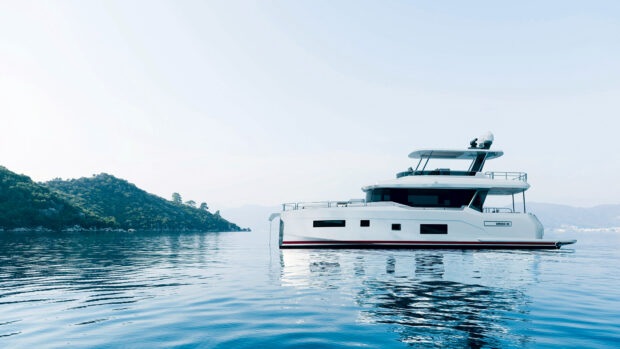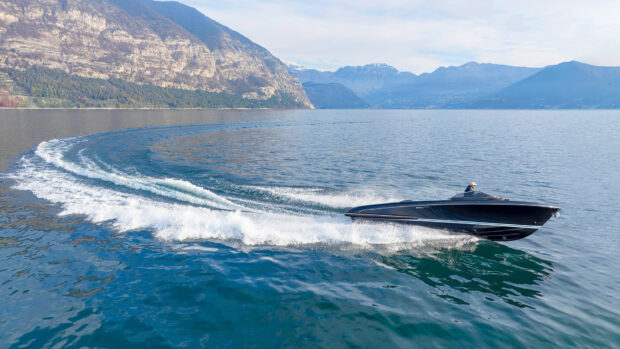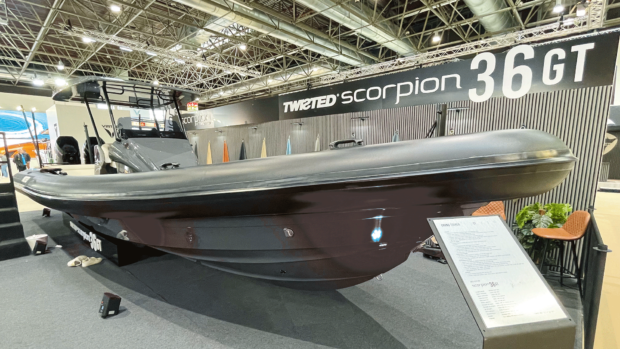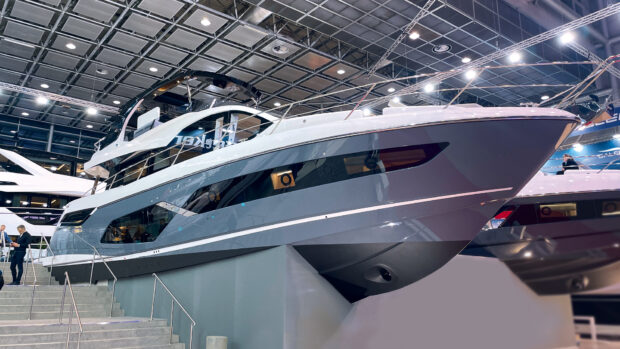One of the brave Little Ships that took part in the evacuation of Dunkirk at the start of WWII is now in need of being saved herself...
The 80ft gentleman’s motoryacht Conidaw (now Thomasine) has been lying ashore in the South of France for the past 15 years and is said to be in desperate need of restoration.
She was originally launched in spring 1939 at Scottish builder James A Silver in Rosneath, and is listed in that year’s Lloyd’s Register of Yachts. However, she was requisitioned by the Royal Navy almost immediately after the outbreak of war in September 1939.
Her role in rescuing trapped allied servicemen from Dunkirk and Calais during May/June 1940 is well documented and her skipper at the time, Reginald Snelgrove, received a DSC for his service aboard.
Colditz escapee and Tory MP Airey Neave even mentioned her in his book The Flames of Calais. She also appears in Lt Col Orde’s The Dunkirk List, published in 1947, which detailed every vessel involved in the Dunkirk evacuation.
In 2008 she was delivered to yacht maintenance and restoration yard Classic Works in La Ciotat, where her then owner had grand plans for restoring her to her former glory.
Article continues below…

Cockwells boat yard owner reveals his Dunkirk Little Ship restoration

Saving Breda: How I brought this 1920 Dunkirk Little Ship back to her best
Unfortunately, he died before work started and her subsequent owner, who planned to refit her and run her as a charter yacht, didn’t get much beyond the planning stage either.
In 2020, with no immediate prospect of the refit work being given the go-ahead and the risk that she might have to be scrapped instead, the yard offered to take on the project themselves.
It paid the owner a nominal fee for her title and now hopes to either restore her in-house with the help of sponsors or find a new owner willing to fund a full refit.
Although looking rather neglected in terms of paint and brightwork, Classic Works assures us she is far from beyond repair and could easily be returned to her original condition or discreetly modernised with the latest technology.
Her elegant hull with its distinctive plumb-bow and canoe-stern still look the part, her teak hull planks are mostly good, and she still has plenty of original equipment, including her twin Gardner engines, the engine-driven windlass and twin masts, plus a Vosper single-fin stabiliser that was added in the late 1940s.
















